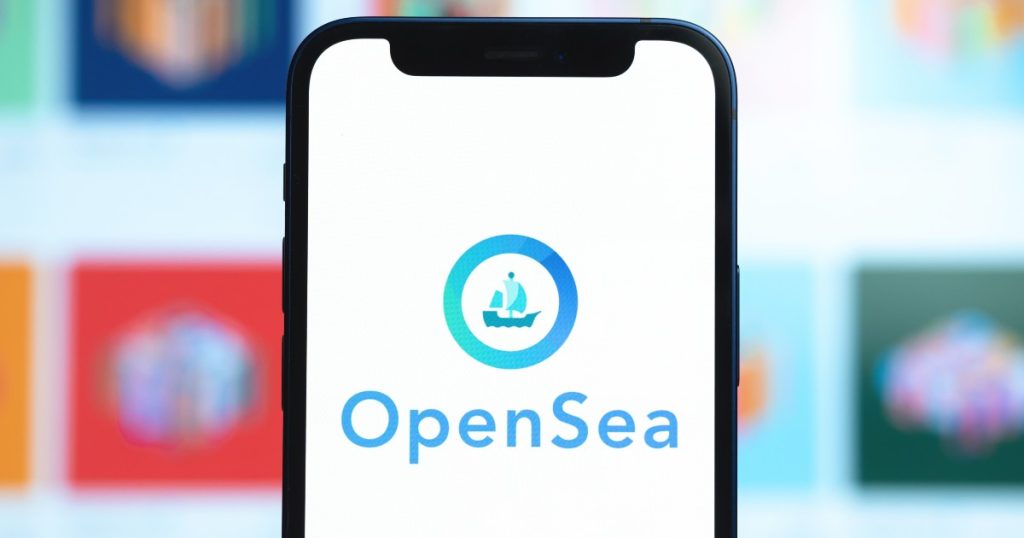OpenSea, a prominent NFT marketplace, has recently made a consequential decision to discontinue its Operator Filter tool, impacting the ability of NFT creators to enforce royalty fees on secondary sales across other platforms. While OpenSea offers a rationale for this move, it’s poised to influence digital artists seeking revenue from their creations. The tool, introduced in November 2022 to empower the NFT creator community, will become optional from August 31, offering insights into the changing dynamics of the NFT landscape.
The Operator Filter tool initially allowed NFT artists to blacklist marketplaces that neglected to implement royalty charges on secondary buyers. By exercising this tool, creators could ensure that their preferred fees were collected from subsequent sales, thus securing their revenue stream. However, OpenSea’s decision to render this tool optional stems from a desire to embrace the principles of freedom of choice and ownership intrinsic to the decentralized ecosystem. This change grants buyers the autonomy to decide whether to honor royalty charges or not.
OpenSea released an official statement clarifying its position: “The Operator Filter depended on support from everyone in the ecosystem to be successful and that just didn’t happen. And perhaps most importantly, the potential applications and utility of NFT technology are too diverse for creators to depend solely on a single business model that only monetizes resale.”

Collections that had integrated the Operator Filter tool before August 31 will maintain the ability to request secondary buyers to adhere to creators’ preferred fees until February 29, 2024. From March 2024 onwards, even these collections will have the choice to make use of the filter or not.
The Web3 community has expressed diverse reactions to OpenSea’s decision, with some viewing it as a strategic error. OpenSea aims to clarify that this shift doesn’t imply the elimination of creator fees; rather, it signifies a departure from unilateral enforcement.
OpenSea’s introduction of royalty charges was motivated by appeals from the creator community. At that juncture, the platform was seeking financial equilibrium, following a reported decline in monthly sales volume, with June figures plummeting to $700 million from May’s $2.6 billion, and far from January’s zenith of almost $5 billion.

While many creators found value in monetizing their art through royalty charges, OpenSea acknowledges that some artists felt their control over collection distribution was limited, which clashed with collectors’ expectations of complete ownership.
Moreover, competing NFT marketplaces like Blur, Dew, and LooksRare devised technical strategies to circumvent the Operator Filter, enabling them to sidestep royalty fees on secondary NFT sales. This combination of factors prompted OpenSea to reevaluate the efficacy of its filter.
The Operator Filter, originally designed to empower creators in the Web3 ecosystem, ultimately depended on the collaboration of all stakeholders. Given the evolving dynamics and varying needs of creators, the tool’s success was contingent on broader alignment—a condition that wasn’t fully met.
As OpenSea embraces a more nuanced approach to NFT monetization, it reflects the ongoing evolution of the NFT landscape and the nuanced considerations required to strike a balance between the interests of creators and buyers.




